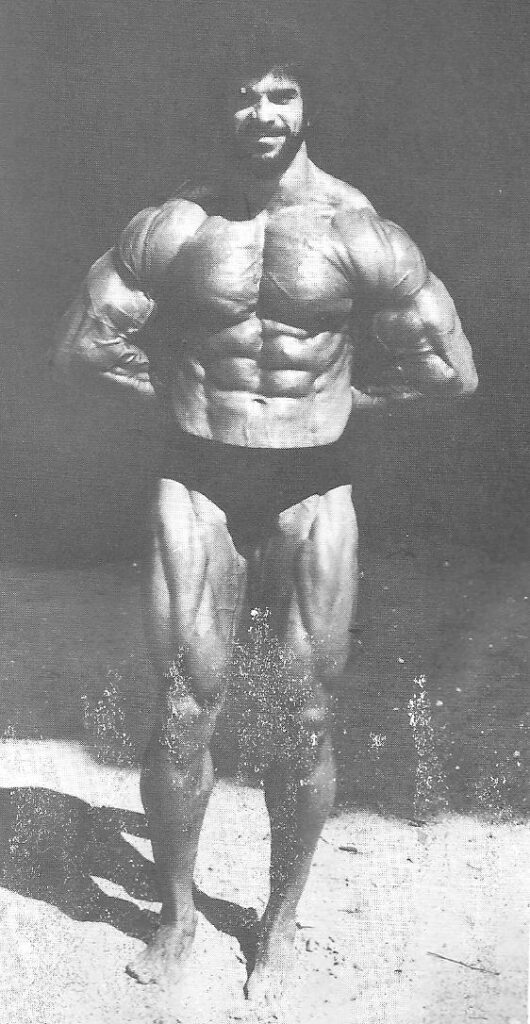
Overtraining has additional hazards. It weakens THE BODY’S RESISTANCE to infection, making you more susceptible to the common cold and to flu bugs and germs that could lay you low for a week or more. The following are signs of overtraining.
Muscle Symptoms – Persistent soreness or stiffness in joints and tendons. Heavy-Leggedness
Emotional Symptoms – Loss of interest in training, Nervousness, Depression, “I don’t care” attitude, Inability to relax and decreased academic work or performance.
Warning Signs – Headache, Loss of appetite, Fatigue and sluggishness, Loss of weight and muscle size, swollen lymph nodes in neck, groin, or armpit and constipation or diarrhoea.
For decades on of the most popular methods used to detect overtraining was to monitor the morning pulse rate. Upon rising the athlete would measure his pulse for 60 seconds. If it was 7 beats a minute faster than usual, a layoff or reduction in training was indicated. There are more sophisticated ways of measuring fatigue toxins in order to determine whether you are in an overtrained state. One way is to measure the enzyme levels in the blood, since damaged muscles release more of these proteins. Sports doctors who monitor their athletes carefully know that when the enzymes exceed a certain level, the athlete has a slowdown.
Actually, an experienced bodybuilder is usually well aware of it when he has not recovered from the previous workout. He feels it. Get acquainted with how you feel the day after a workout. Make notes in your diary or your training log. The ultimate test of whether a bodybuilder is overtraining is that his progress has come to a halt. But before he concludes that the problem is one of overtraining, he’d better be sure that he is working out on a progressive basis. If not, his no gain status may be due to laziness of insufficient work.
Recuperation from heavy workouts takes up to 48 hours, and therefore daily training for added muscle size is rarely advisable. What is becoming more and more popular among aspiring bodybuilders is the every other day split routine. This works in the following manner, divide routines into two and train half your body on Monday, the other half on Wednesday, the first half again on Friday, and the second half again on Sunday. The next week workouts would start on a Tuesday. Of course this system is only practical for those who have training facilities available at all times. This system has no respect for the seven-day schedule, known as a week that man has concocted to pace his style of living.
So what speeds recuperation? The first answer that comes to mind is relaxation. If one doesn’t relax, full recuperation will only be greatly prolonged. Many top bodybuilders have learned the art of relaxation. They do it by turning their mind to other interests and enjoyments such as art, music, conversation, yoga, poetry, religion, books or TV. Most of us respond best to music. Maybe you do too. So relax, put your feet up, absorb. Spend half an hour with some pretty heavy stuff. Inspiring and profound music will do a better job at relaxing you than fast beat disco, but the whole point of this soul washing business is that the music should get its message to you, and if “Moonlight Serenade” does things to you, then by all means relax with that. In general don’t be afraid of experiencing deep emotion. You want to be a whole person, not merely a muscle machine.
If the Mona Lisa rests your weary mind, get yourself a print. Maybe you like Picasso, Dali, or Van Gogh, Sculptures, why not? Maybe Rodin’s “The Kiss” or Henry Moore’s “Reclining Woman”? Reproductions are available. Then there is Nature’s sculpture: fields, streams, mountains and valleys. What could be more restful? Do you like poetry? You can read it or listen to it as many athletes do. Read some good authors: Thoreau, Wilde, Shaw, Russell, Emerson, Hazlitt, Nietzsche, and Goethe. Read about things other than muscles, and your relaxation will pay you dividends.
Some people believe in never running when they walk, never standing when they can sit, and never sitting when they can lie down. Within limits the hard-working athlete can follow this philosophy. In other words, rest when you can.